

Keynote Speakers(in 2025)
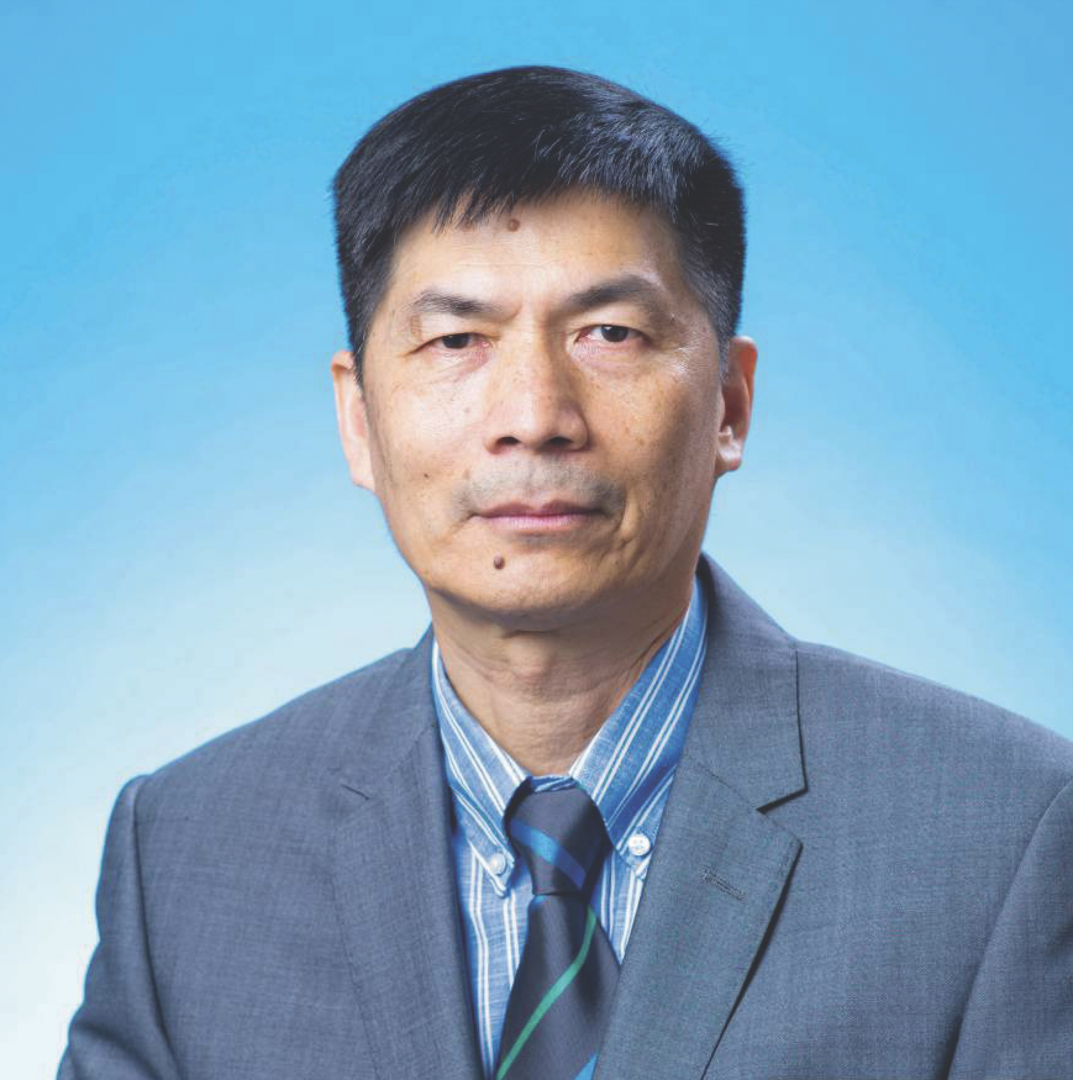
Prof. Youfu Li, IEEE FELLLOW,
City University of Hong Kong
Prof. Li received the B.S. and M.S. degrees in electrical engineering from Harbin Institute of Technology China. He obtained the PhD degree from the Robotics Research Group, Dept of Engineering Science of the University of Oxford in 1993. From 1993 to 1995 he was a postdoctoral research staff in the Dept of Computer Science, University of Wales, Aberystwyth, UK. He joined City University of Hong Kong in 1995 and is currently a professor in the Department of Mechanical Engineering. His research interests include robot sensing, robot vision, 3D vision, visual tracking, sensor guided manipulation, mechatronics and automation. In these areas, he has published over 180 papers in SCI listed international journals. Dr Li has received many awards in robot sensing and vision including IEEE Sensors Journal Best Paper Award by IEEE Sensors Council, Second Prize of Natural Science Research Award by the Ministry of Education, 1st Prize of Natural Science Research Award of Hubei Province, 1st Prize of Natural Science Research Award of Zhejiang Province, China. He was on Top 2% of the world’s most highly cited scientists by Stanford University, 2020. He has served as an Associate Editor of IEEE Transactions on Automation Science and Engineering (T-ASE), Associate Editor of IEEE Robotics and Automation Magazine (RAM), Editor of the IEEE Robotics Automation Society's Conference Editorial Board (CEB) and Guest Editor of IEEE Robotics and Automation Magazine (RAM). He is a fellow of IEEE.
Speech Title: Visual sensing and tracking for advanced robots
Abstract: Visual sensing and tracking are important for engineering applications including robotics. In this talk, I will present our research in visual sensing for automated 3D vision in general and for motion tracking for robotics in particular. I will present the issues related to robot vision, with different approaches in our investigation reported. These include passive and active vision approach to visual sensing. For robotic applications, visual sensing in 3D is often needed, but the calibration remains tedious and inflexible with traditional approaches. To this end, we have investigated the relevant issues for different types of visual sensing systems. A flexible calibration method desires the vision system parameters to be recalibrated automatically or with less operator interference whenever the configuration of the system is changed, but practically this is often hard to achieve. Various attempts were made in our previous works to enhance the flexibility in the vision system calibration. I will present some them including the work on gaze tracking where the issues in the modeling and calibration are addressed with our novel method developed.
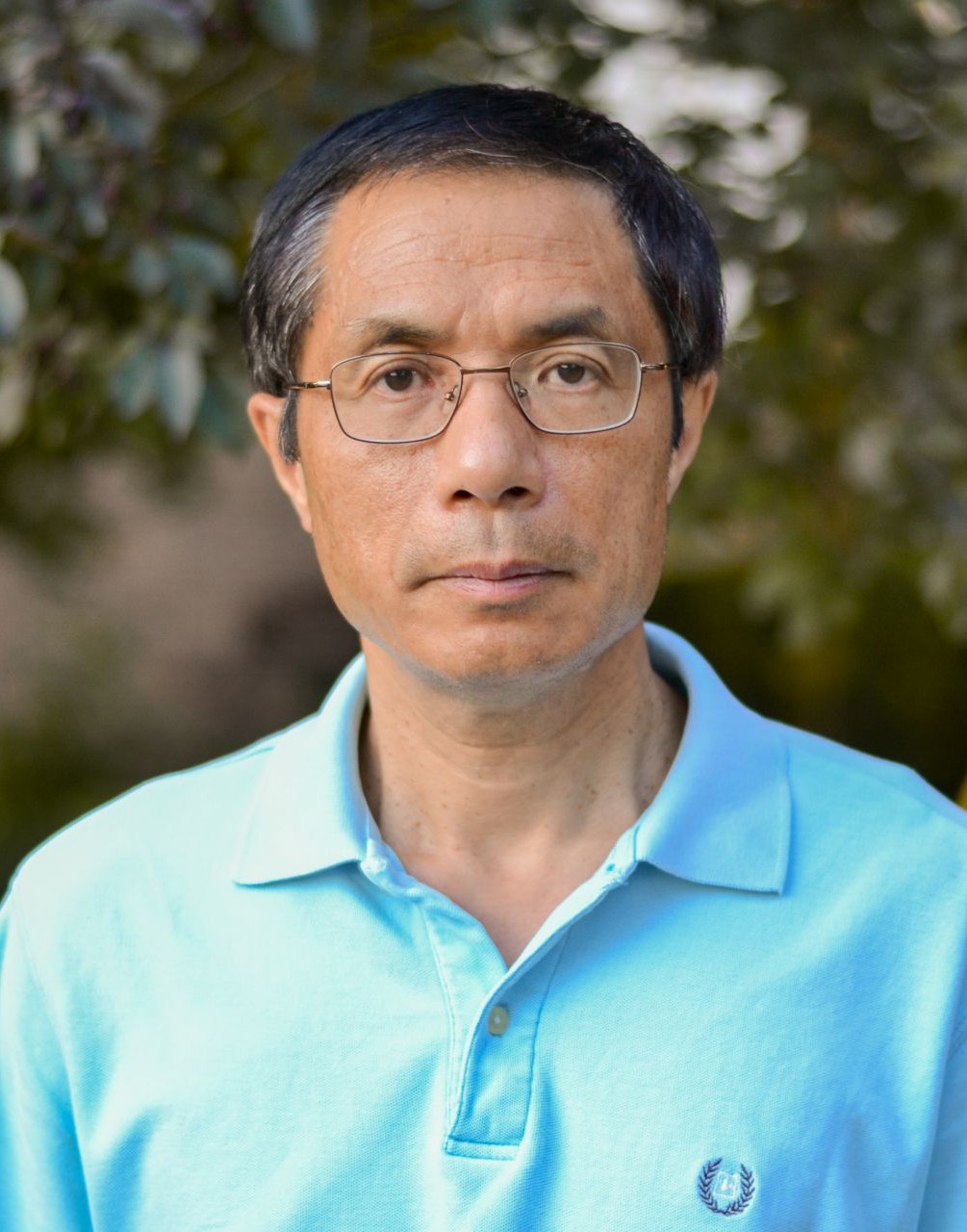
Prof. Hao Ying, IEEE Fellow, Wayne State University, USA
Dr. Hao Ying is a Professor in the Department of Electrical and Computer Engineering at Wayne State University. He has authored two books on fuzzy control and published over 130 journal papers. In recognition of his achievements, he received the IEEE CIS Fuzzy Systems Pioneer Award in 2023 — the highest honor bestowed by the IEEE Computational Intelligence Society. The citation reads: “For fundamental contributions to model-free fuzzy control theory and its biomedical applications.”
In addition to fuzzy control, Dr. Ying’s research interests include machine learning and fuzzy discrete event systems — a field he co-originated in 2001. In the August 2024 edition of the “Updated Science-Wide Author Databases of Standardized Citation Indicators” compiled by Stanford University scholars, under the subfield Artificial Intelligence & Image Processing (which includes over 399,000 authors), Dr. Ying is ranked 549th, placing him in the top 0.14% globally.
Dr. Ying currently serves as an Associate Editor or Editorial Board Member for 20 international journals, including the IEEE Transactions on Fuzzy Systems and the IEEE Transactions on Systems, Man, and Cybernetics: Systems. He has also contributed to the IEEE Computational Intelligence Society Fellows Committee in 2023, following prior service in 2021 and 2020. He served in the same capacity for the IEEE Systems, Man, and Cybernetics Society in 2016, 2017, and 2020. Additionally, he has been invited to serve on the Organizing, Program, or Technical Committees of more than 170 international conferences.
Speech Title: Deterministic and Stochastic Fuzzy Discrete Event Systems with Supervised Learning
Abstract: To effectively represent deterministic uncertainties and vagueness as well as human subjective observation and judgment encountered in many real-world problems especially those in medicine, we originated a theory of fuzzy discrete event systems (DES) in 2001. The theory is unique in that it is capable of modeling a class of event-driven systems as fuzzy automata with states and event-invoked state transitions being ambiguous. We introduced fuzzy states and fuzzy event transition and generalized conventional crisp DES to fuzzy DES. The largely graph-based framework of the crisp DES was unsuitable for the expansion and we thus reformulated it using state vectors and event transition matrices which could be extended to fuzzy vectors and matrices by allowing their elements to take values in [0, 1]. We also extended optimal control of DES to fuzzy DES. This novel fuzzy DES theory is consistent with the traditional DES theory, both at conceptual and computation levels, in that the former contains the latter as a special case when the membership grades are either 0 or 1. Other researchers have extended the FDES framework afterward. They studied a variety of fundamental FDES-related issues. These include supervisory control, observability, decentralized control, diagnosability, online control, state-based control, state-feedback control, prognosis, predictability, opacity, and detectabilities.
For a concrete example of an FDES and its operation, refer to the illustrative numerical FDES example included in the Fuzzy Logic Toolbox of MATLAB, version R2024a
In this presentation, we show our recent work on how a FDES can learn the event transition matrix of its fuzzy automaton, which is the core of the FDES that is difficult to build manually, when neither pre-event nor post-event state is known. The only information assumes to be available is values of the variables that are only known to be vaguely related to the pre- and post-event states. We link the variables to the states through Gaussian fuzzy sets owing to the conceptual relationship between a fuzzy set and a fuzzy state. Stochastic-gradient-descent-based algorithms are derived for the model to iteratively learn online the transition matrix and all the parameters of the fuzzy sets simultaneously. This leads to the first FDES model that is capable of learning solely based on sensor data without relying on any subjective input from humans, removing a significant bottleneck for real-world applications.
We will also present a new class of FDES called the stochastic fuzzy discrete event systems (SFDES) that we introduced lately. A SFDES is comprised of multiple fuzzy automata that occur randomly one at time with different occurrence probabilities. Leveraging the SFDES framework, we extended traditional Markov chains to fuzzy Markov chains capable of handling both fuzzy states and fuzzy events. Crucially, the fuzzy Markov chain fully preserves the stochastic characteristics defined by the transition probability matrix of the binary Markov chain, ensuring identical stochastic behaviors. The former encompasses the latter as a special case.

Prof. Andrew Lim, Southwest Jiaotong University, China
Dr. Andrew Lim, a globally recognized scholar and recipient of both the Returning Singaporean Scientists Award and China’s premier research accolade, is ranked among the world’s top 2% most impactful scientists and has been honored as a China Highly Cited Researcher since joining Southwest Jiaotong University. There, he serves as a professor and leads two flagship initiatives: the Sustainable Intelligent Transportation National Lab and the Intelligent-Safety Digital Transportation & Traffic Lab (Sichuan-Chongqing Joint Key Laboratory).
His pioneering research, published in top-tier journals, has been translated into cutting-edge solutions for Fortune 500 companies—driving multi-billion-dollar savings and earning international innovation awards. Bridging academia and industry, he is the founding director of the ASEAN Applied Research Centre and serves as principal consultant to top global firms (collectively generating over $1 trillion annually). His work continues to redefine the intersection of science, technology, and scalable impact in intelligent systems.
Speech Title: Operationalizing Advanced Research in AI, Optimization, and Simulation in Supply Chains
Abstract: This presentation explores how the strategic convergence of cutting-edge technologies—from AI-driven analytics and advanced simulation to cross-disciplinary systems optimization—can address and overcome persistent and emerging supply chain challenges once deemed insurmountable. Drawing on real-world deployments in the semiconductor industry, we’ll demonstrate how these innovations are not just theoretical concepts but practical tools, successfully implemented in high-stakes environments to achieve scalable efficiency gains.
Invited Speakers
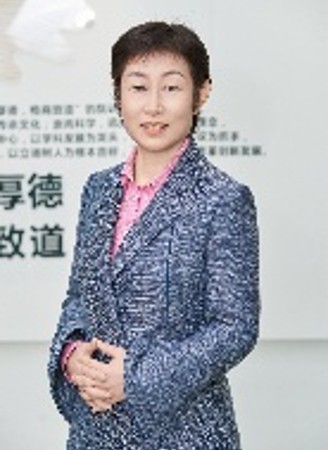
Prof. Xinli Zhang, Sichuan University, China
Doctor of Engineering, Professor/Doctoral Supervisor of Business School of Sichuan University, Head of National Online First-class Course, Excellent Teacher of Sichuan University Jiang Weiping. She is engaged in teaching and research in the field of management science and engineering. She has undertaken more than 20 national key research and development programs, national social sciences, provincial and ministerial social science funds and enterprise projects, published nearly 100 papers, and authored more than 10 textbooks or books such as "Projection pursuit hybrid Learning Methods and Applications", "Engineering Economics", "Project Risk Management", "Principles and Methods of Optimal Allocation of Water Resources"; She has won more than 60 awards in provincial science and technology, philosophy and social sciences and outstanding innovation and entrepreneurship mentors of Sichuan University.
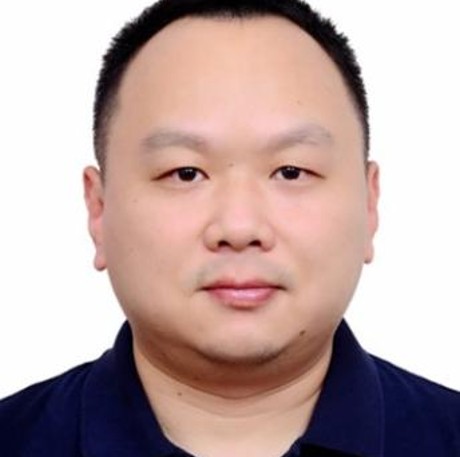
Prof. Lun Hu
XinJiang Technical Institute of Physics and Chemistry, Chinese Academy of Sciences, China
Prof. Hu ‘s focus of current research includes graph machine learning and its applications in computational biology. He has developed a series of models for intelligent analysis of complex networks. These models provide theoretical insights and detailed interpretations of how multi-source heterogeneous information integration impacts model performance. Effective solutions have been proposed for typical analytical scenarios such as community detection and link prediction, and these methods have been applied to address challenges in the domain of computational biology, yielding a range of innovative results. Recognized for his exceptional contributions, he has been honored in world's top 2% scientists list for 2023-2024. He has served as a peer reviewer for several high-impact international journals, including Nature Medicine, Advanced Science, and Communications Medicine.
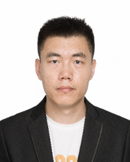
Assoc.Prof. Xin Su, Wuhan University, China
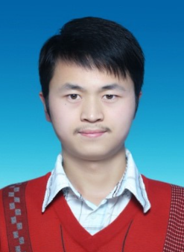
Assoc.Prof. Wentao Li, Southwest University, China